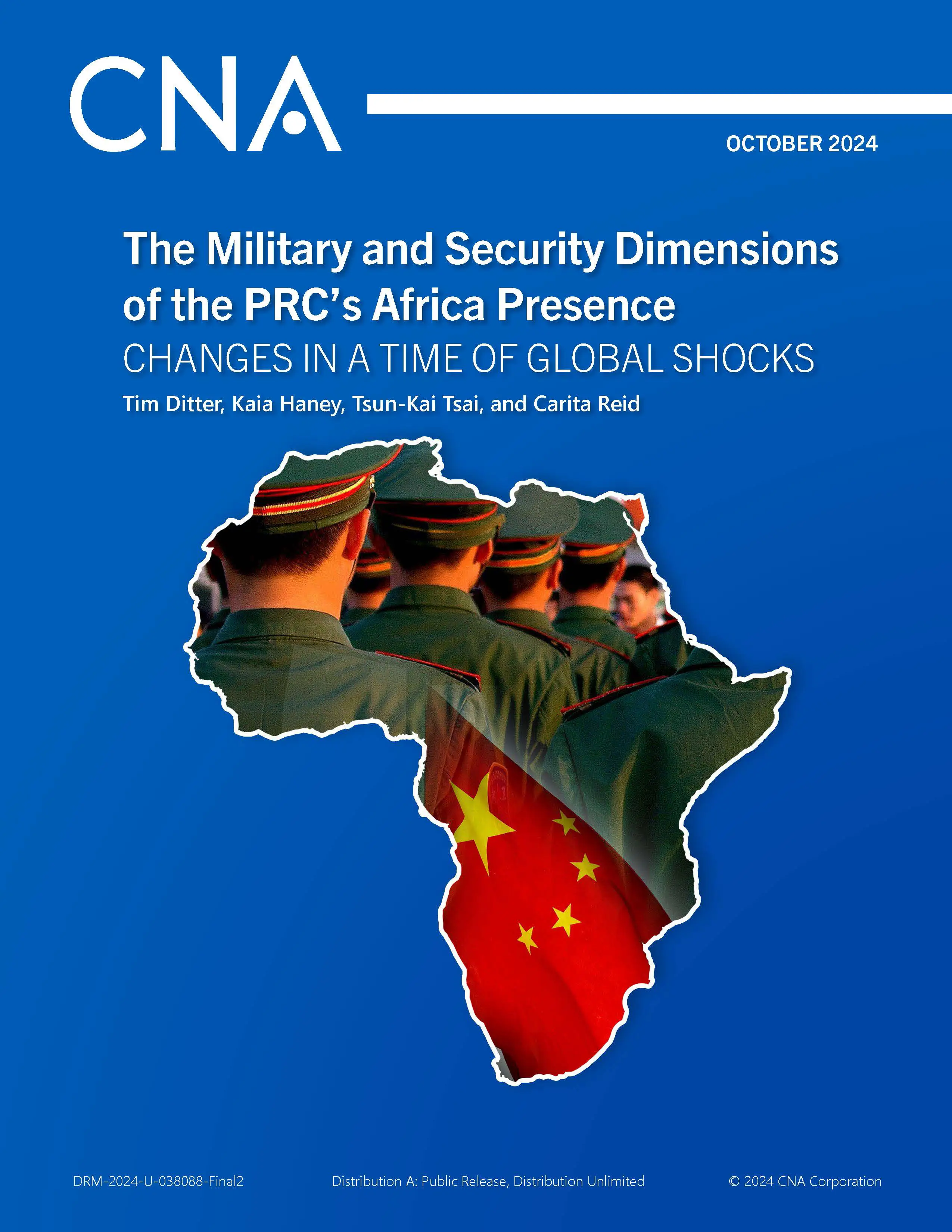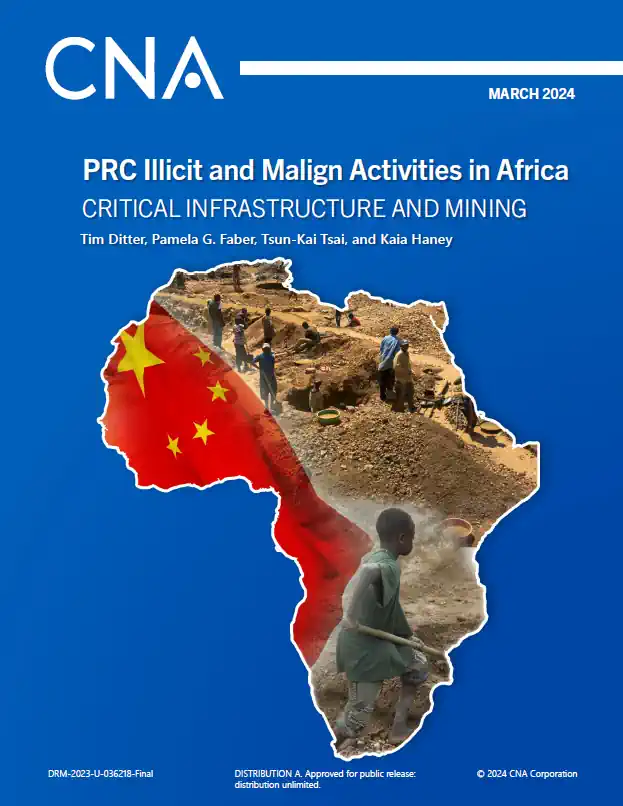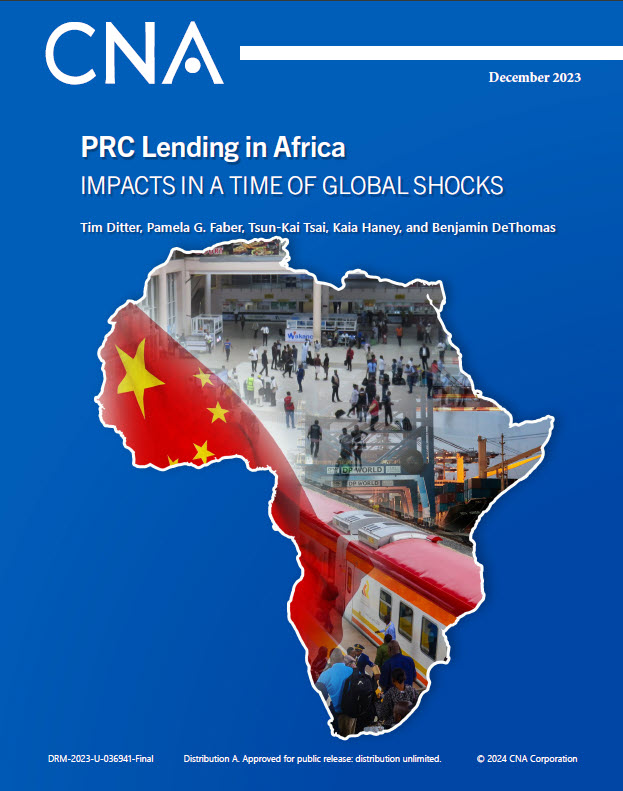The Chinese Communist Party (CCP) has embarked on a campaign to shape what audiences around the world read, hear, and watch. The purpose of this report is to provide a practical framework for identifying Beijing’s efforts to influence the global media environment and placing them into context.
Key findings
China uses a vast complex of Party and State entities to promote narratives that it wants told in the international media. It does this to achieve three objectives:
- Promote a positive image of China. Beijing believes that Western media portrays its policies unfairly at best and, at worst, with inherent hostility. Because a negative public image would hamper Beijing’s pursuit of its national objectives, it actively seeks to spread good news stories about China and its activities around the world.
- Counter critics. Beijing seeks to counter critics who might tarnish its image. It does this by directly refuting criticism, and by promoting alternative narratives as well as narratives intended to undermine and delegitimize the policies, positions, and activities of its detractors.
- Support China’s national objectives. Beijing wants other countries to support its policies and objectives. To that end, it propagates narratives that aim to foster support among foreign audiences.
China promotes four key global narratives about itself and its role in the international community to audiences around the world:
- “China is peaceful.” China portrays itself as an inherently peaceful country that would never intentionally start a conflict. This narrative is aimed largely at countering international concerns about China’s rapidly growing military power and regional assertiveness, and at fostering receptivity to China’s diplomatic overtures.
- “Cooperation with China is beneficial.” China asserts that its approach to economic
cooperation with other countries is mutually beneficial and “win-win.” This narrative seeks to counter criticism of China’s economic aid and investment practices as being exploitive and foster foreign support for cooperation with China on a range of issues, including economic, technological, and security matters. - “China is a responsible member of the international community.” China portrays itself as an upholder of the international system that provides public goods, such as contributions to peacekeeping efforts, support to anti-piracy missions in the Gulf of Aden, and disaster relief. This narrative is intended to position China as a leader in the international community and allay concerns that it has revisionist aspirations.
- “China’s approach to development and international affairs is different from that of the US/West.” China often draws a contrast between its approach to foreign policy and development and that of the US and other Western nations. It does this to portray China as a more desirable partner and deflect criticism by the US and other Western countries, often by seeking to delegitimize their policies, positions, and activities.
Distribution: Approved for public release: distribution unlimited
Cooperative Agreement/Grant Award Number: SGECPD18CA0027
This project has been supported by funding from the U.S. Department of State.
Details
- Pages: 82
- Document Number:
- Publication Date: 2/1/2020





